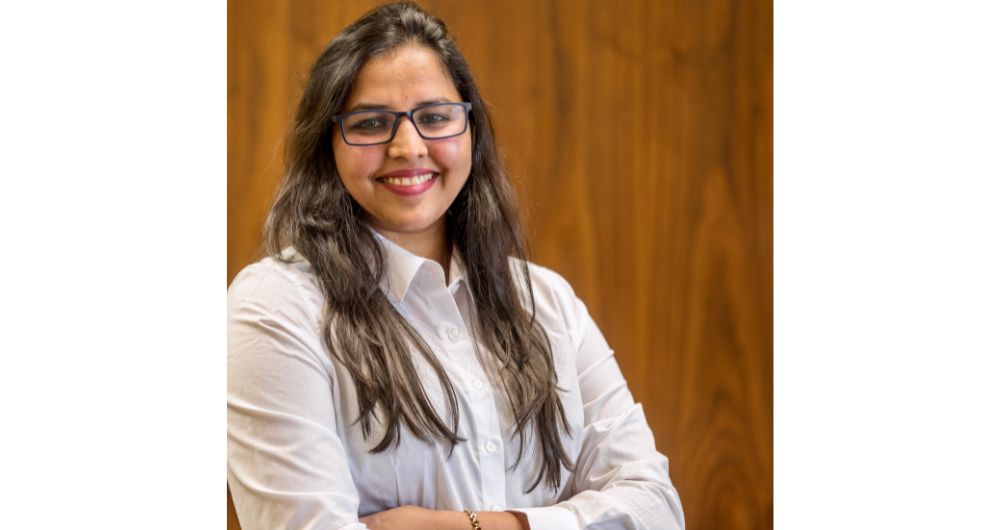
Sampritha Hassan Manjunath is a Research Associate, in the Unit of Natural Language Processing, in Insight at the University of Galway
She is from India, and has been working at the Insight Centre for about three and a half years.
What inspired you to pursue a career in research, and how did you get started in your field?
I was a curious kid with shy nature growing up. Science interested me a lot growing up. I loved how each action in the universe had a scientific reason and I enjoyed lab experiments. Soon, I was introduced to computers as well. Initially, it was exciting because of all the games and MS paint. But I always wanted to learn more than that.
I loved working with computers. So, I did my undergrad in computer science and engineering. I also chose my career path to be a software engineer. I kept learning new things in my domain of interest, and that is how I came across Artificial Intelligence and Machine Learning during my job at Intel Technologies. I was so fascinated by its features and capability, I wanted to learn more. I decided to pursue my Masters in Artificial Intelligence at the University of Galway. I also started to intern at the Insight Centre while pursuing my masters. With my prior corporate experience of about 4 years, I never thought my professional career path would change to the research field because I enjoyed the programming and technical skills that I developed during my corporate experience. But the more time I spent on research during my internship, and with my curious nature of exploring things I was sure that this was the path for me. I finished my internship in August 2020, and later, in October 2020, I joined as a Research Assistant, and I was promoted to “Research Associate” in September 2021.
The main attraction for me towards the research field is the learning curve. Every day, you learn something new. Every day, you come across some excellent research around you. This keeps my mind alive, and this is the work that I enjoy doing.
Did/do you face any challenges as a woman in your field and how did you overcome them?
No, I was lucky enough to be treated equally. My ideas were heard, and I have received enough support, mentorship, and appreciation from everyone in my life, whether it be my career or my personal life. I would want the same for every single woman out there who are trying to follow their dreams and achieve their goals. I believe STEM is an inclusive field, and I encourage more and more young women and girls to give it a try and see it for themselves.
How do you think the research community can encourage more diversity and inclusion in science and technology?
Research is something that gets interesting when we connect the problem with real-world scenarios. Even though lots of research is bringing changes in people’s lives and making everyone’s life easier, I feel that sometimes it lacks in showcasing, especially to the younger generation. By conducting fun little projects in schools, universities, and public places, the research community can engage more people.
Engagement with more people brings out lots of feedback and interest in science and technology.
What one thing would you change/introduce to widen the career paths of women in your field?
I strongly believe having a role model is crucial for the young generation. They try to learn from their surroundings, it may be their teachers, parents, cousins and even TV celebrities. So, people in science must be role models, and be visible and encouraging to young generations. If I take my example itself, no one from my family ever travelled out of my country to pursue higher education. My parents believed in education, so they encouraged me when I wanted to come to Ireland for further studies. Me being the first one to pursue my dreams in a foreign country, has given my younger cousins hope. They are trying to pursue their dreams in science. So, my parents were role models for me and I believe I am the role model for my younger cousins and sibling.